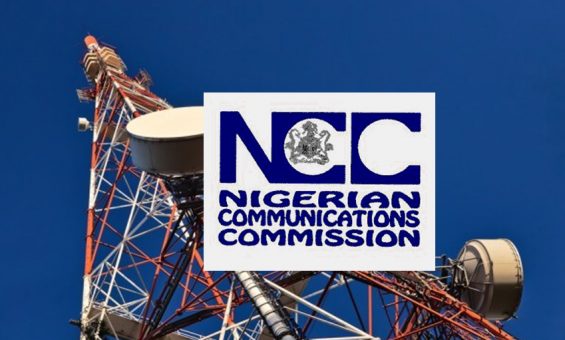
Keep up with the latest news and be part of our weekly giveaways and airtime sharing; follow our WhatsApp channel for more updates. Click to Follow us
Nigeria’s telecommunications industry has been plagued by fiber cuts, with over 50,000 incidents reported last year, according to Dr. Aminu Maida, EVC/CEO of NCC. “This is a pivotal moment for the telecommunications industry and its customers. Fiber networks are the foundation of Nigeria’s broadband ecosystem,” Dr. Maida emphasized.
The persistent issue of fiber optic cuts and damages caused by road construction and rehabilitation activities has led to significant disruptions in telecommunications services across Nigeria. In some cases, these incidents have resulted in major network outages, such as the February 2024 nationwide MTN network outage.
To address this challenge, the Federal Ministry of Works (FMoW) and the Federal Ministry of Communications, Innovation, and Digital Economy (FMoCIDE) have established a Joint Standing Committee on the Protection of Fiber Optic Cables. The Committee’s main assignment is to establish and maintain clear communication channels between the two ministries and the NCC to limit and prevent damage to telecommunications fiber optic cables during road construction or rehabilitation activities.
Dr. Maida noted that the lack of an efficient handshake mechanism between road construction companies and operators of the fiber infrastructure is a key contributor to the increasing number of fiber cuts attributed to road construction activities. “I am optimistic that the work of this committee will lead to a significant reduction in fiber cuts attributed to road construction,” he said.
Engr. Olufunso Adebiyi, Permanent Secretary of FMoW, directed committee members to establish modalities to ensure the reduction of damage to deployed fiber optic cables resulting from road construction and maintenance activities, as well as vandalism. “They are also expected to develop an instant communication mechanism to facilitate prompt communication and dissemination of information amongst all stakeholders,” he said.
Engr. Farouk Yusuf, Permanent Secretary of FMoCIDE, highlighted the significance of fiber optic cables to the country’s economy, stating that fiber networks are the backbone of Nigeria’s digital economy. “The Committee’s work is crucial to ensuring that telecommunication services are not hampered by the work of construction companies,” he said.
Please don’t forget to “Allow the notification” so you will be the first to get our gist when we publish it.
Drop your comment in the section below, and don’t forget to share the post.







